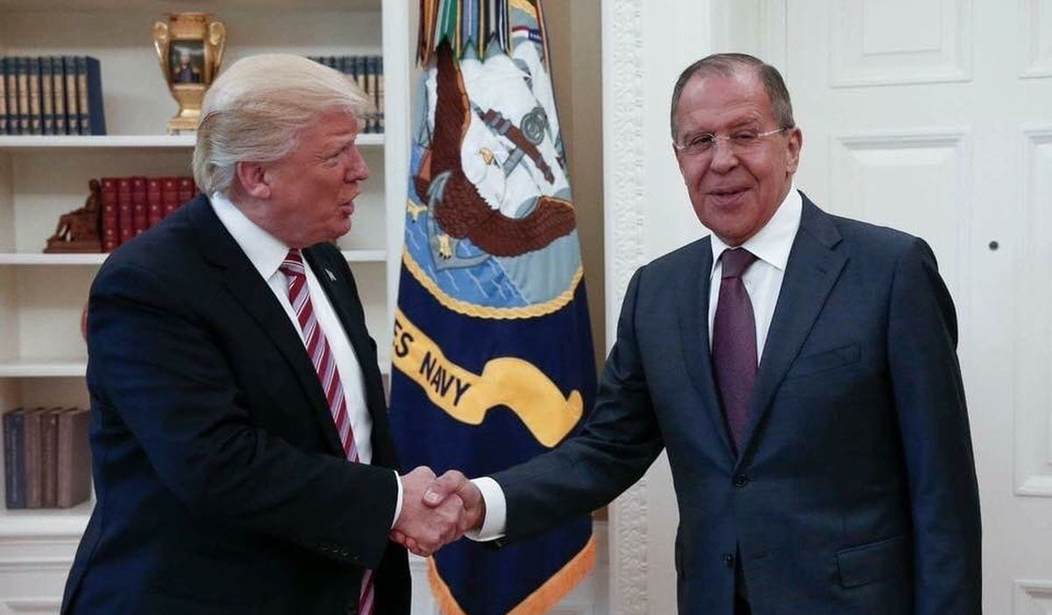The kerfuffle about what Trump said to the Russians continues. As I wrote today, I’m suspicious about the story. But for purposes of argument, let’s assume the story is true: Trump did, through bragging about our really, really great intelligence, not only tell the Russians about why we believe laptop bombs are a threat, but disclosed enough that it would be possible for the Russians to infer sources and methods from it.
Now, as I seem to keep needing to remind people, I’m not a Trump fan: his perpetual self-promotion annoys me, his habit of shifting positions in moments unsettles me, his skeevy business practices in the past make it hard for me to respect him, and his apparent willingness to say anything to get a deal done makes it hard for me to trust him.
And yet, well, here is my immediate reaction on Twitter to the anonymous sourcing:
… and be contradicted on the record in hours? https://t.co/Jyg31kvjtv
— (((Charlie Martin))) (@chasrmartin) May 15, 2017
That was (I believe) before H.R. McMaster denied it, and certainly before I’d heard McMaster had denied it. It was a cynical prediction that turned out to be true.
So why is it that I, suspicious of Trump and merely glad that Hillary Clinton didn’t win, react immediately to this story by suspecting it was untrue?
Simply enough, because however suspicious of Trump I might be, I’ve gotten to be even more suspicious of anonymously sourced stories about Trump from the Washington Post, the New York Times, and frankly, from all of the legacy media.
Why? Because they’ve proven to be untrustworthy. T. Becket Adams at the Washington Examiner started a comprehensive list in February, promising to keep updating the list — after February 18 he stopped and I don’t blame him. He probably threw up his hands in disgust. Mollie Hemingway at The Federalist has her own list (and some useful hints about any WaPo Trump story).
Circa, a new website I heartily recommend, ran a story on May 12 documenting stories (I started to say “all the stories” but actually I wouldn’t want to bet on that) of all the things the legacy media has reported about Trump that were wrong.
It has 23 entries. In a week.
So I remain justifiably suspicious about the story. But as I say, let’s assume it really happened the way it was reported (and Tillerson, McMaster, and Powell are all lying, as Jen Rubin thinks today). Then what we know is that Trump somehow let the Russians know: we believe that ISIS is trying to use laptop bombs, which has been reported many times and been the subject of a certain furor; that we believe so based on good intelligence; and apparently in trying to convince the Russians of what good intelligence we have, Trump said something that could blow a source.
Honestly, on its own, this isn’t inherently unbelievable, and my intel community sources are certainly unhappy. I don’t think it’s the end of the fricken’ world; politicians do that every so often. There isn’t a lot we can do about it, except point and say “shame!” — and we can’t even make the politicians do a naked Cersei down the Mall. (Which is a relief, much thanks.)
But the upshot of it all is that the Washington Post and New York Times have been wrong so often that they’ve become inherently unbelievable.
Almost everyone remembers the story of the little boy who cried wolf. What happens if the legacy press actually gets a story that is adequately sourced and points to real malfeasance? Will anyone believe them? Should anyone believe them?










Join the conversation as a VIP Member